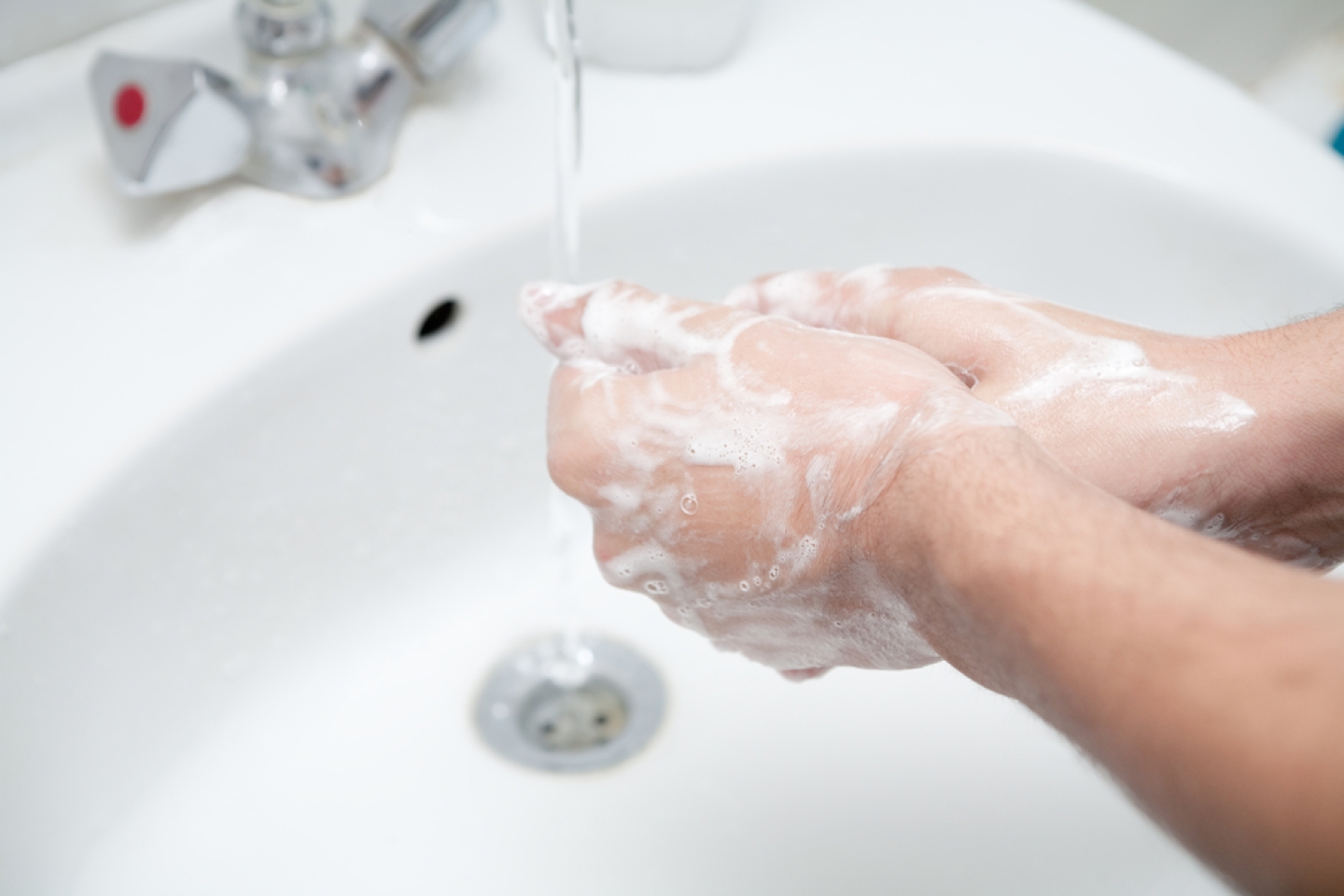
You were always told to wash your hands. Just in case you need a reminder, December 5–11, 2022, is National Handwashing Awareness Week. This annual focus on handwashing couldn’t come at a better time.
“We’ve recently seen an unprecedented spike in viral illnesses in children,” says Amy Skaria, M.D., assistant professor of Clinical Pediatrics in Primary Care and Rehabilitation Medicine at Weill Cornell Medical College. “Pediatric hospital units across the country are full and stressed for resources. Handwashing is one of the best ways you can keep yourself and your family safe this winter.”
Though the Centers for Disease Control and Prevention says the recent wave of viral illnesses hit children hardest, adults aren’t immune. So, washing your hands benefits everyone. Just be sure to do it when and how you should.
Sometimes, it’s obvious you need to wash your hands. They feel grimy, slimy or sticky. Or they look dirty, crusty or gross. However, germs, colds and flu and other viruses don’t make your hands look or feel nasty.
No matter how they look or feel, your hands need a good wash before certain activities, including:
You should also scrub up after the following:
Caring for a sick loved one? Wash your hands regularly. This practice helps you prevent introducing new germs to their weakened immune system. It also keeps you from contracting their germs.
To get the most out of handwashing, it’s important to do it the right way. Here’s how.
Dr. Skaria recommends using the same routine every time. Start with your palms, then move to the back of your hands. Finish with the fingers and under the nails, where germs hide. Surgeons follow this same routine before entering the operating room. By washing like a surgeon, you won’t miss a spot.
On the road with no access to soap and fresh water? You can still keep your hands clean.
Thanks to hand sanitizer, there’s no excuse for dirty hands. Now, you can pull a little out of your pocket or purse and clean up in the car, at the ballpark or anywhere else.
With its convenience, you may be tempted to use it all the time. After all, it takes time to lather, scrub, rinse and dry. Hand sanitizer gives an instant clean, and you don’t even need a sink.
“Hand sanitizer is fast and convenient, but it has a few shortcomings,” Dr. Skaria says. “It isn’t as effective at killing certain viruses and bacteria compared to soap and water. Also, since it’s alcohol-based, it can dry out your hands.”
With that in mind, save hand sanitizer for times when you don’t see dirt or grime on your hands and you can’t access soap and water. When choosing sanitizer, go with one that’s at least 60% alcohol for the best protection against COVID-19 and other unwanted viruses.
Just like hand sanitizer, soap and water can make your hands dry. Handwashing dryness is common if you have eczema or other skin conditions that benefit from dermatology care. Continue washing without caring for your skin, and you could get dry, chapped hands. If this happens, germs may get through your cracked skin and cause an infection.
Fortunately, there are ways to avoid dryness.
After every wash, moisturize your hands. Whether you wash with soap and water or hand sanitizer, moisturizer helps keep your hands healthy. Just choose the right lotion, as some kinds are better for dry, chapped skin.
According to the American Academy of Dermatology Association, your moisturizer should:
The timing of applying moisturizer depends on how you clean your hands. After washing with soap and water, it’s best to rub in lotion before your hands are dry. With hand sanitizer, wait until your hands are completely dry. Once they are, apply lotion immediately.
Germs are everywhere. They’re on countertops, door handles and subway poles. Touch any of these surfaces, and you may pick up some germs. If you touch your mouth or eyes and those germs may make their way into your body, soon after you may become sick.
With proper handwashing, you can sidestep many illnesses you come across. You can also help your kids do the same.
“Handwashing plays a very large role in protecting both yourself and others,” Dr. Skaria says. “Establishing good hand washing habits and teaching kids this routine at a young age can help prevent many, many sick days throughout life!”
Want to give your health a helping hand? Find a provider at Weill Cornell Medicine who can help you and your whole family stay healthy and happy for years to come.